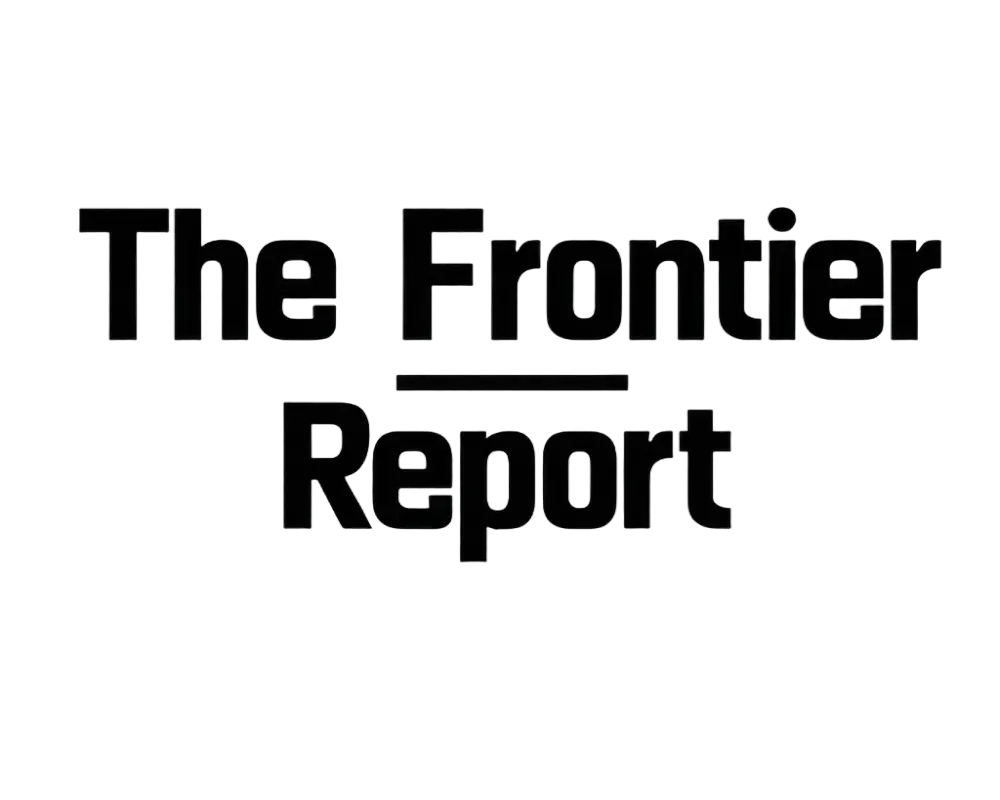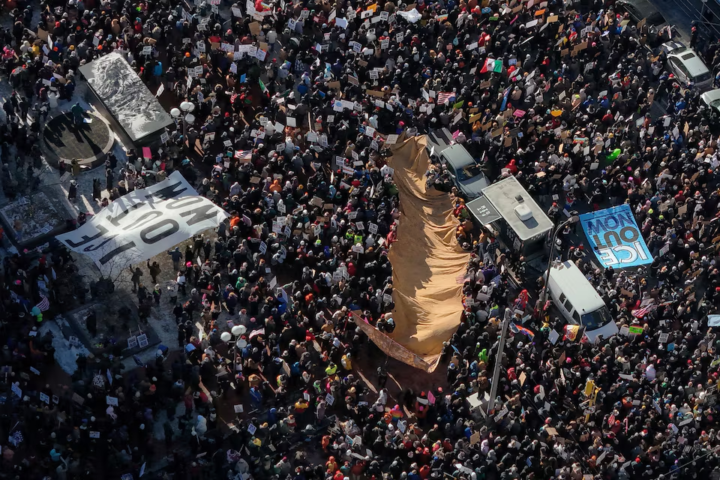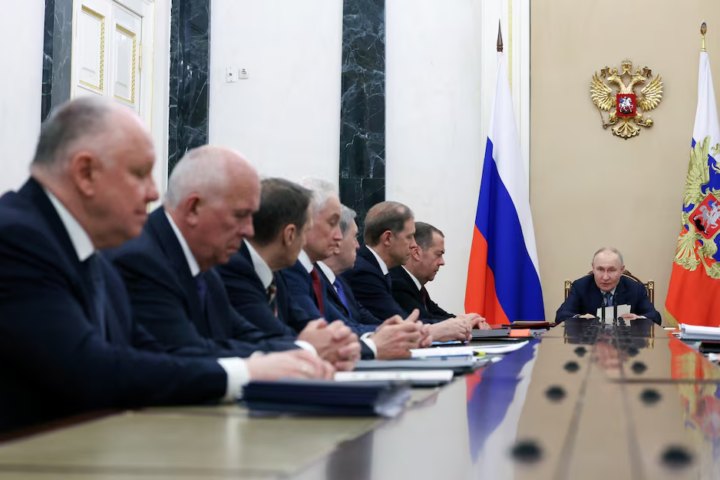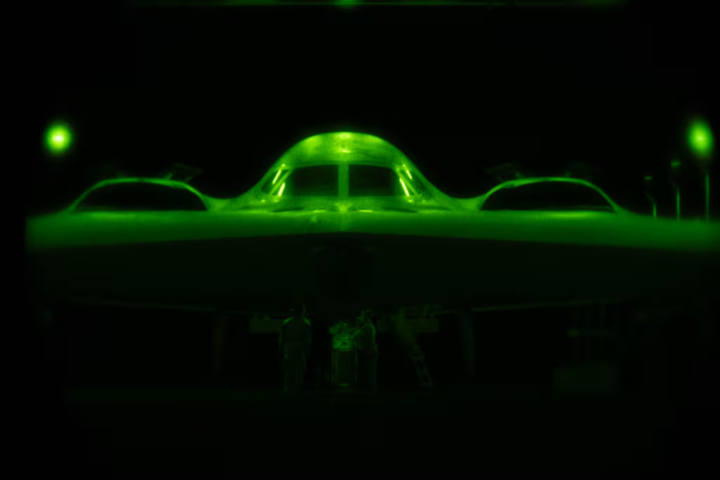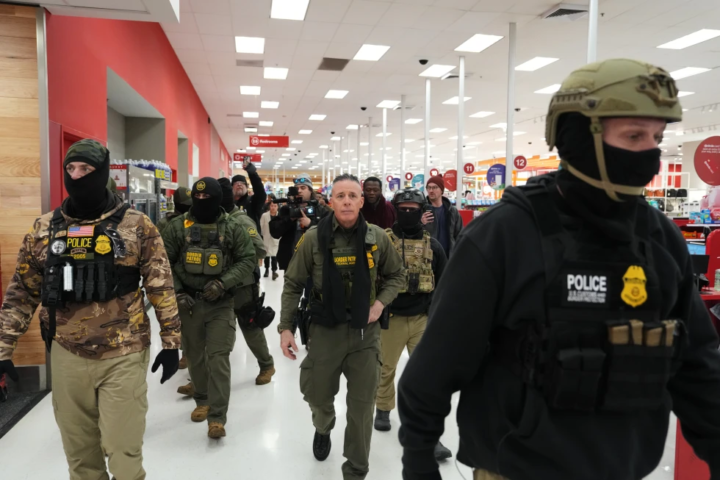Chicago Pushes Back
President Trump’s latest threat to send federal troops into Chicago has sparked a wave of anger and resistance. He claims it’s about restoring order. Locals see something else: political theater at their expense.
Trump’s message is blunt—if the city doesn’t handle crime, he will. He’s floated sending in the National Guard. But crime in Chicago isn’t surging. It’s dropping. His narrative doesn’t match reality.
City leaders aren’t having it. They say military force has no place in city neighborhoods. Programs to curb violence—community outreach, mental health support, and police reform—are starting to work. They worry soldiers on the streets would undo that progress fast.
People in affected communities agree. Troops don’t build trust. They bring fear. Black and Latino neighborhoods, already wary of law enforcement, could see tensions explode. Residents want jobs, schools, and safe housing—not more uniforms and guns.
This isn’t just about crime. It’s about control. Locals see Trump’s move as a way to grab headlines and make Chicago a political punching bag.
It’s Likely Illegal
There’s also the law. The president can’t just send troops into any city he wants. The Insurrection Act allows military involvement only when there’s open rebellion or complete lawlessness. That’s not the case here.
Governor JB Pritzker has made it clear: Illinois won’t request federal troops. Without his consent, Trump would be overstepping. Mayor Brandon Johnson is also rejecting the idea, calling it reckless and unconstitutional.
Legal experts say any attempt to send troops without state approval would land in court immediately. The case would likely be weak. Trump would have to prove that Chicago meets the strict conditions for military intervention—and it doesn’t.
Still, the threat plays well with a certain audience. Trump is using it to appeal to voters who believe cities like Chicago are broken and unsafe. He’s sending a message: Democrats can’t govern. He will.
But this strategy is risky. It fuels division. It escalates tension between federal and local governments. And it pushes people who already distrust federal power even further away.
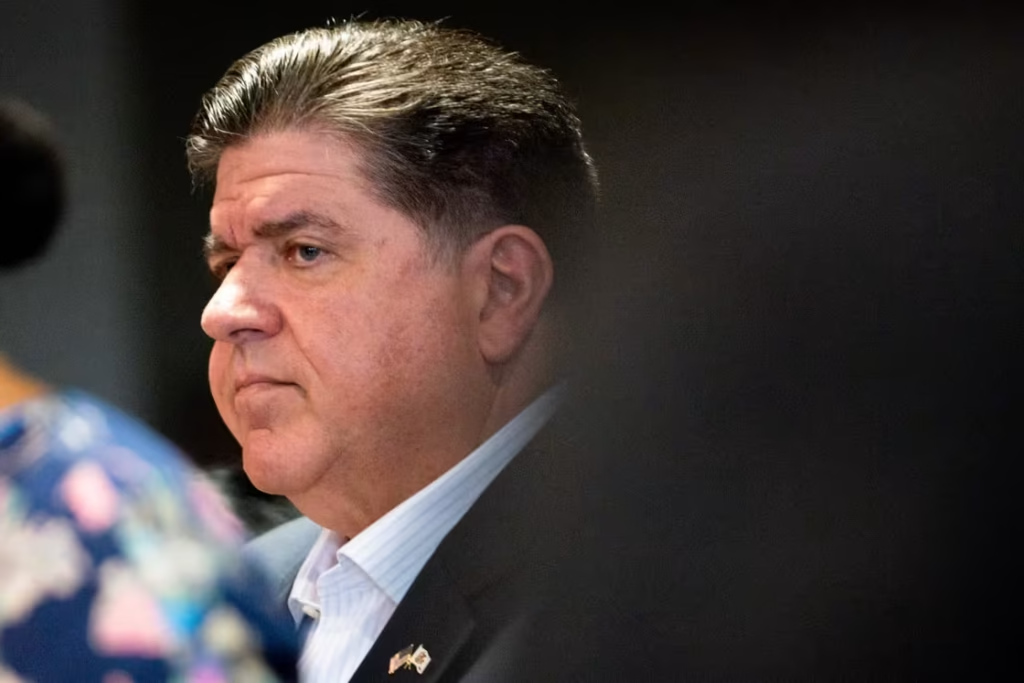
More Than Just a Fight Over Crime
The bigger issue here isn’t crime stats or troop numbers. It’s who gets to decide how a city polices itself.
Chicago has spent years trying to rebuild trust between law enforcement and the communities they serve. That trust is fragile. Putting soldiers on the ground could shatter it.
Leaders in the city say they’re working on the root causes—poverty, disinvestment, lack of opportunity. They’ve seen some success. Shootings and homicides are down. Neighborhood programs are gaining traction. But none of it happens overnight.
A troop deployment would send the opposite message: that the city can’t fix itself. That it needs force, not support.
It also opens the door to a deeper conflict. If Trump follows through, it could redefine the relationship between cities, states, and the federal government. It raises questions about federal power, state rights, and who controls public safety.
This hasn’t happened in decades. If it does now, it could set a new—and dangerous—standard. One where the federal government can insert itself into local issues for political reasons.
Chicago’s response has been firm. No, this isn’t necessary. No, they won’t stand by and watch the city turned into a campaign prop. People here are organizing, protesting, speaking out.
And they’re not just worried about what troops would do—they’re worried about what this threat says about the country. About how far a president can go. About whether the rule of law still matters when it’s inconvenient.
The truth is simple: Chicago isn’t the war zone Trump describes. The violence is real, but it’s not chaos. It’s a problem that requires patience, funding, and serious local work—not soldiers.
People here know that. And they’re ready to defend their city—not just from crime, but from a federal show of force that many see as unjustified and dangerous.

